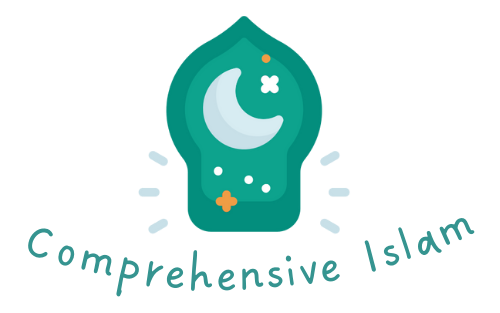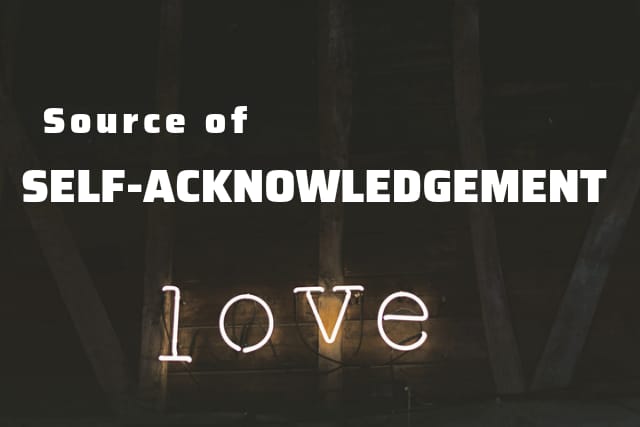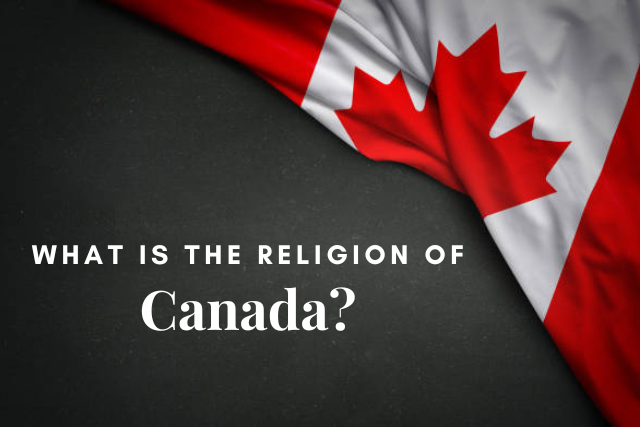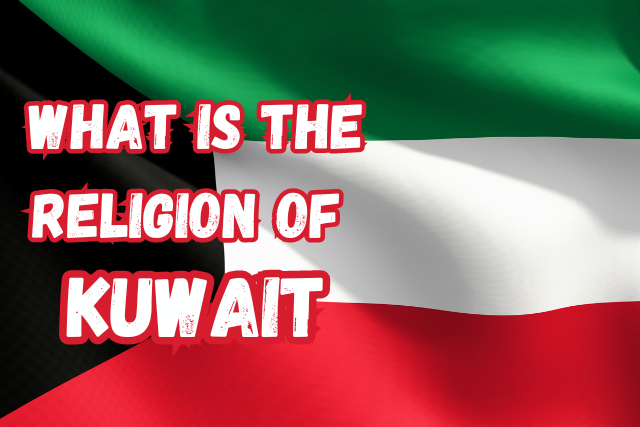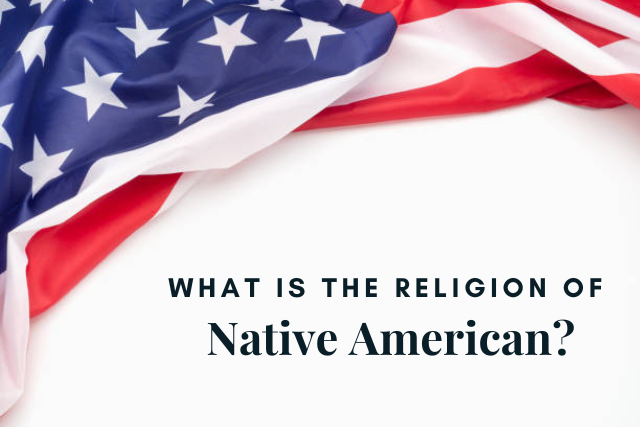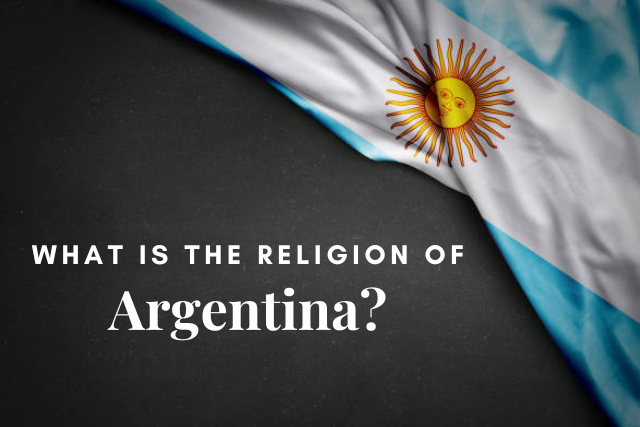What is the Religion of Bulgaria? Exploring Bulgarian Faith 2024
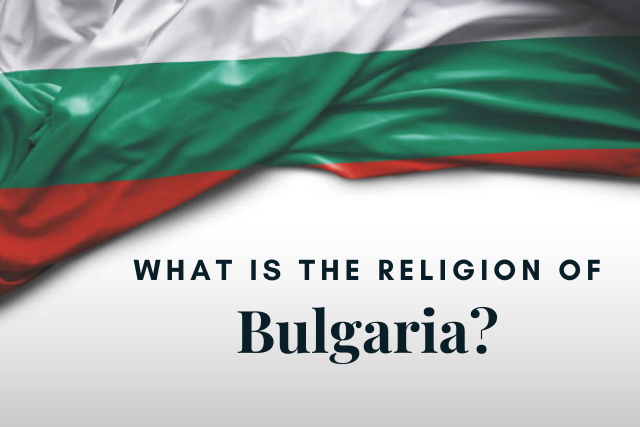
Bulgaria, a nation steeped in rich history and captivating landscapes, boasts a fascinating religious landscape that reflects its past encounters with empires and cultures. While exploring this Balkan gem, you might be curious: what is the religion of Bulgaria?
This blog delves into the heart of Bulgarian faith, exploring the dominant religion, Islam’s presence, the rise of other faiths, and the growing number of non-religious individuals. Buckle up for a captivating journey through the spiritual soul of Bulgaria!
What is the Religion of Bulgaria?
In Bulgaria, most people are Eastern Orthodox Christians, led by the Bulgarian Orthodox Church. The law even says it’s the main religion. But people can follow any religion they want. Islam is the next popular religion, followed by about 10.7% of Bulgarians. Some people are Protestant or Catholic, but they’re fewer. Surprisingly, about 16% don’t follow any religion.
Eastern Orthodox Christian In Bulgarian
Eastern Orthodoxy reigns supreme in Bulgaria, cradling the faith of roughly 69.5% of the population. This branch of Christianity, distinct from Roman Catholicism, intertwines its roots deeply with the Bulgarian national identity. The story unfolds in the 9th century when Tsar Boris I, the ruler at the time, strategically embraced Eastern Orthodoxy. This decision forged a powerful alliance with the Byzantine Empire and established the Bulgarian Orthodox Church (BOC), a cornerstone that would shape the nation’s cultural identity, language, and artistic expression.
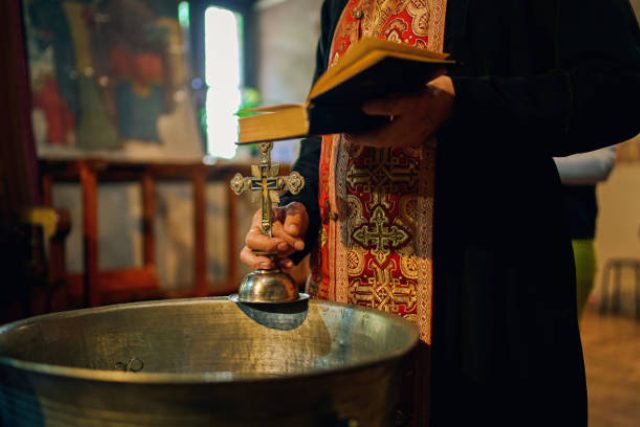
The BOC’s influence transcended religious boundaries. During the tumultuous Ottoman rule, it stood as a beacon of Bulgarian heritage, offering solace and preserving the Bulgarian language through religious texts. It nurtured a sense of national unity, a vital flame that flickered even in the darkest of times. Today, the BOC remains a central figure in Bulgarian life.
Its grand monasteries, architectural marvels like the Rila Monastery, draw pilgrims and tourists alike. The church’s social influence extends beyond religious practices, actively participating in education and social welfare initiatives.
Eastern Orthodox Traditions
Eastern Orthodoxy in Bulgaria is not merely a religion but a way of life, woven into the fabric of daily practices. Lent, a 40-day period of fasting and reflection leading up to Easter, is a time for many Bulgarians to abstain from certain foods and focus on spiritual growth. Icon veneration holds a special place, with religious images depicting Jesus, saints, and the Virgin Mary displayed in homes and churches as objects of prayer and contemplation. Bulgarians celebrate not only their birthdays but also their Saint’s Day (Imen Den). This special occasion honors the saint they are named after and is often marked by joyous family gatherings and gift-giving.
Islam In Bulgarian
Islam, the second-largest religion in Bulgaria, boasts a vibrant presence practiced by approximately 10.7% of the population. Its roots trace back to the Ottoman conquest in the 14th century. During this period, many Bulgarians converted to Islam, while others adopted Turkish customs and language.
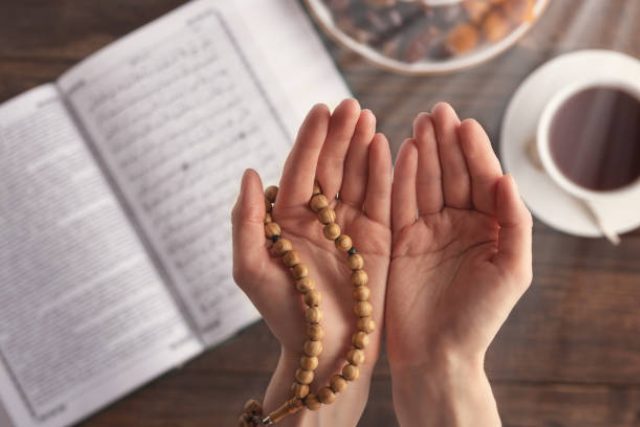
The Pomaks, a Muslim minority concentrated in the Rhodope Mountains, are a fascinating facet of Bulgarian Islam. They hold onto unique traditions, blending Islamic practices with remnants of pre-Islamic beliefs. Their mosques showcase a distinctive architectural style, reflecting the region’s cultural heritage.
Islamic Practices
Muslims in Bulgaria observe Ramadan, a holy month of fasting from sunrise to sunset. Eid al-Fitr, marking the end of Ramadan, is a joyous occasion celebrated with grand feasts and gatherings with loved ones. These traditions bring the Muslim community together and strengthen their faith.
Other Faiths and Non-Religion
While Eastern Orthodoxy and Islam dominate the religious landscape, Bulgaria offers a haven for other faiths as well. Protestantism and Catholicism, though practiced by smaller communities, contribute to the nation’s religious diversity. Pockets of Judaism also exist, remnants of a once-thriving Jewish community.
The winds of change are also sweeping across Bulgaria, with a growing number of individuals identifying as non-religious. This trend, partly fueled by the legacy of communist rule which discouraged religious practice, reflects a shift towards secularism in modern Bulgarian society
One of the most remarkable aspects of Bulgarian religion is the peaceful coexistence of various faiths. The country boasts a long history of tolerance, with different religious groups living side-by-side for centuries. This spirit of respect is evident in the presence of mosques nestled near Orthodox churches, and in the celebration of religious holidays by people of different backgrounds.
FAQs About What is the Religion of Bulgaria
What is the main religion of Bulgaria?
The main religion of Bulgaria is Eastern Orthodoxy, followed by roughly 69.5% of the population.
When did Bulgaria convert to Christianity?
Bulgaria officially converted to Christianity in the 9th century, around 864 AD. Tsar Boris I, the ruler at the time, made the decision to adopt Eastern Orthodoxy. This strategic move not only brought Bulgaria closer to the Byzantine Empire but also laid the foundation for the Bulgarian Orthodox Church, which became a cornerstone of Bulgarian society.
Are Orthodox Christians believe in Jesus Christ?
Yes, absolutely. Eastern Orthodox Christians, just like their Catholic counterparts, firmly believe in Jesus Christ as the Son of God and the savior of humanity. They share the core tenets of Christianity, including the belief in the Holy Trinity (God the Father, Son, and Holy Spirit). However, there are some theological and liturgical differences between Eastern Orthodoxy and Catholicism.
Is there religious freedom in Bulgaria?
Yes, Bulgaria guarantees religious freedom in its constitution. The country has a long history of tolerance towards different faiths. Eastern Orthodoxy holds the dominant position, but Islam, Catholicism, Protestantism, and Judaism are also practiced by minorities. There is a growing number of non-religious individuals as well. This peaceful coexistence of various faiths is a remarkable aspect of Bulgarian society.
Summing Up
In conclusion, the religious landscape of Bulgaria is diverse and rich, reflecting its complex history and cultural heritage. From Eastern Orthodoxy to Islam and other faiths, Bulgaria is a land where different religions coexist peacefully, fostering a spirit of tolerance and respect. Whether through traditional practices, unique customs, or vibrant festivals, religion continues to play a significant role in Bulgarian society.
